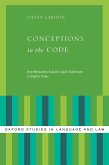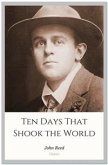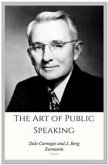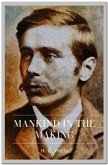The Path of the Law is a short essay by Oliver Wendell Holmes, Jr., an American jurist who served on the Supreme Court of the United States from 1902 to 1932. A cornerstone of his jurisprudential philosophy was the prediction theory of law, believing the law should be defined specifically as a prediction of how the courts work. In The Path of the Law Holmes argues that a criminal isn't concerned about ethics or conceptions of natural law; they are concerned about avoiding punishment and jail. "The law", therefore, should be based on prediction of what will bring about punishment via the court system.
Bitte wählen Sie Ihr Anliegen aus.
Rechnungen
Retourenschein anfordern
Bestellstatus
Storno









